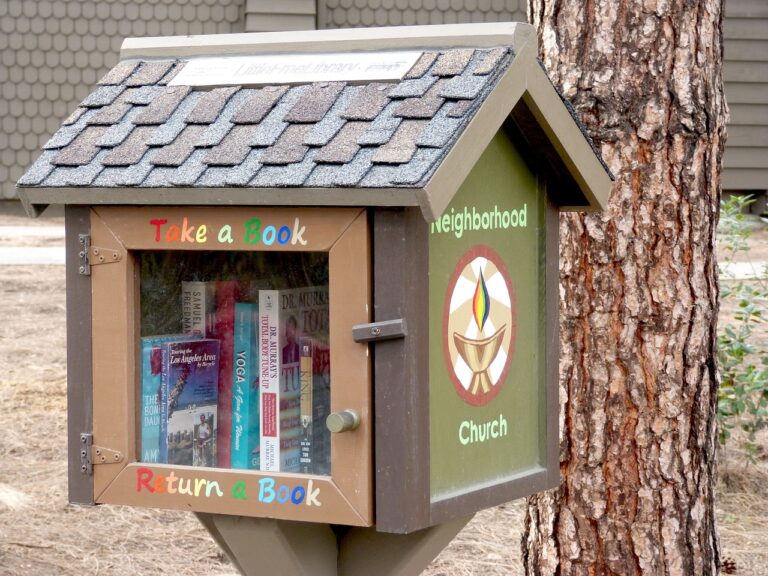Exploring the Role of Outdoor Play in Early Childhood Development
Engaging in outdoor play is crucial for the physical development of children and adolescents. When kids play outside, they have more opportunities to engage in physical activities such as running, jumping, climbing, and playing sports. These activities help in developing their motor skills and coordination, contributing to better overall physical health.
Additionally, outdoor play exposes children to natural elements like fresh air, sunlight, and different terrains, which are vital for their physical well-being. Such exposure helps in strengthening their immune systems, improving their cardiovascular health, and enhancing their muscle strength. Overall, outdoor play provides a fun and interactive way for kids to stay active and develop a strong foundation for a healthy lifestyle.
Enhancing Cognitive Skills Through Outdoor Play
Outdoor play has been found to have a significant impact on cognitive skills in children. When exposed to the natural environment, children are more likely to engage in imaginative play, problem-solving tasks, and creative activities. This type of play helps stimulate their brains and improve cognitive functions such as memory, attention span, and critical thinking skills.
Moreover, outdoor play provides children with opportunities to explore and experiment with their surroundings, leading to the development of important cognitive skills. By interacting with the natural world, children learn to observe, analyze, and make decisions based on their experiences. This hands-on approach to learning not only enhances their cognitive abilities but also fosters a deeper understanding of cause-and-effect relationships and encourages curiosity and exploration.
Social and Emotional Development Through Outdoor Play
Outdoor play offers children a unique opportunity to explore and navigate various social interactions in a natural setting. Through playing with others outside, children learn crucial skills such as cooperation, communication, empathy, and conflict resolution. These interactions help them develop a deeper understanding of social dynamics and enhance their ability to create meaningful relationships with their peers.
Furthermore, outdoor play provides children with a space to express and regulate their emotions in a healthy and constructive manner. Engaging in physical activities outdoors can help children release pent-up energy, reduce stress, and improve their overall sense of well-being. Additionally, the freedom and openness of outdoor environments allow children to explore their emotions unrestrictedly, leading to improved emotional intelligence and resilience.
How does outdoor play benefit physical development?
Outdoor play allows children to engage in physical activities such as running, jumping, and climbing, which help improve their strength, coordination, and gross motor skills.
How does outdoor play enhance cognitive skills?
Outdoor play stimulates the brain through exploration and discovery of the natural environment, leading to improved problem-solving skills, creativity, and critical thinking.
How does outdoor play contribute to social development?
Outdoor play encourages children to interact with their peers, fostering communication, cooperation, and teamwork. It also helps them develop important social skills such as empathy and sharing.
How does outdoor play support emotional development?
Outdoor play provides children with opportunities to manage their emotions, build resilience, and develop a sense of independence and confidence. It also allows them to connect with nature, which can have a calming and grounding effect on their emotional well-being.







